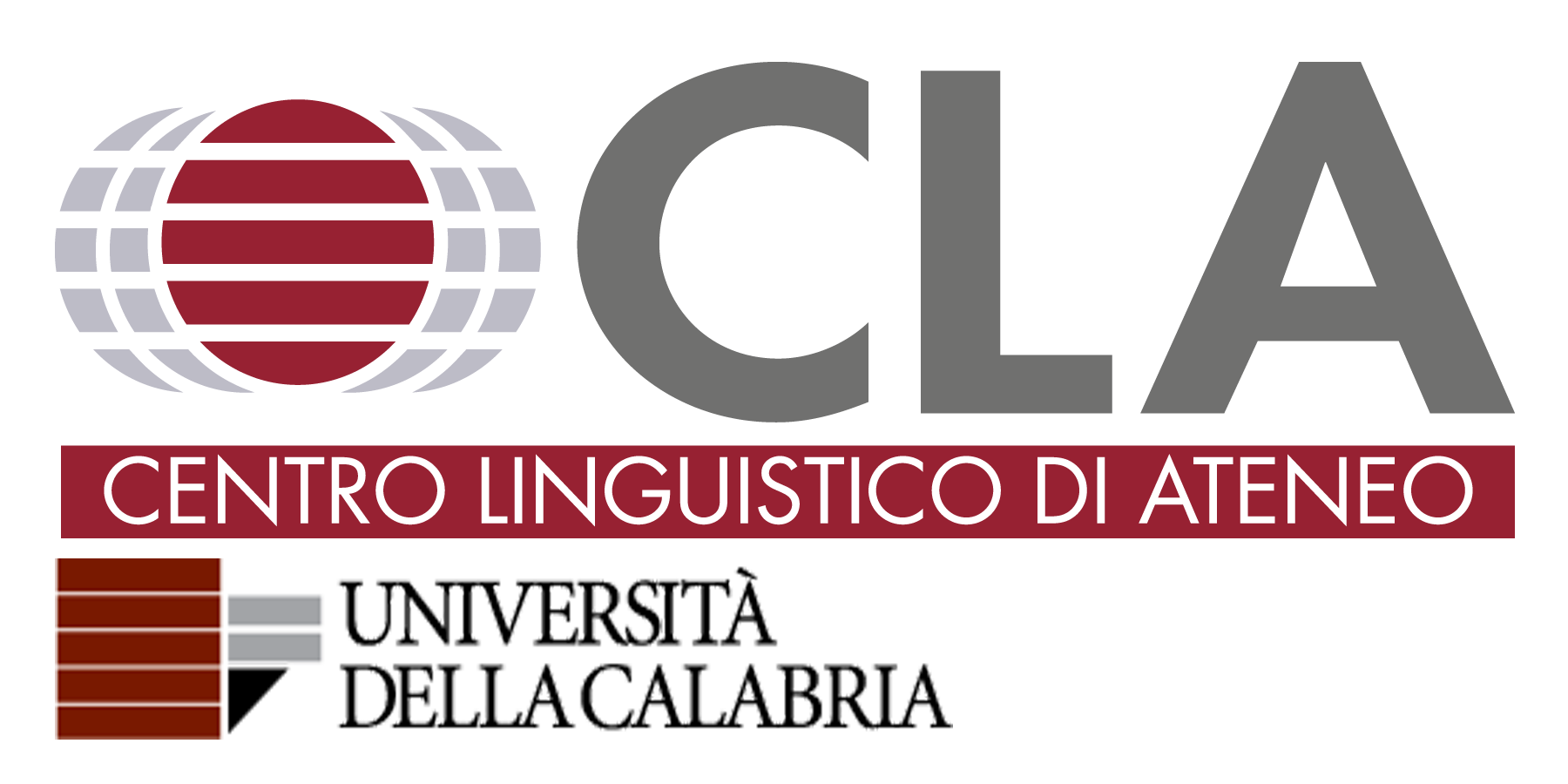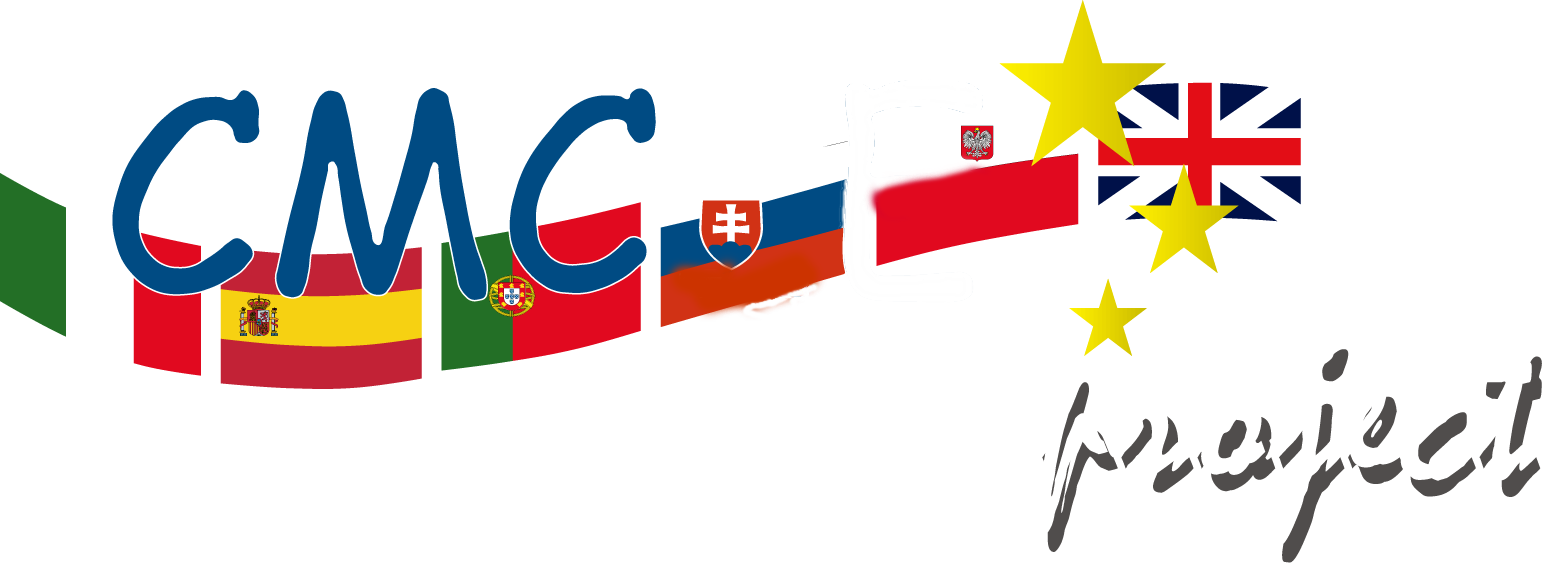A window on the modern Greek language and culture
By Jannis Korinthios
Greece and Italy, thanks to the Mediterranean Sea, are connected by millenniums of a "common" history, marked by migrations, encounters and collisions, grafts, fusions and fractures.
Since the ancient times, in Southern Italy an "other Greece" is steadily established. We can say that starting from the first colonisations, repeated migrations have contributed to keep in Southern Italy a dynamic, diffuse, endemic and well integrated diaspora, deeply signing in diachrony the entire history, the culture and the language of all this region.
And even when Rome occupied Greece, the impact produced not only negative effects, considering that, thanks to Rome and to its universal empire, the Greek culture was spread in the Western world.
Later, from the mid-sixth century and until the mid-eleventh century, Southern Italy remained under the influence of the Greek culture. Many migrations of Greek people took place also in the fourteenth century and for the following centuries which kept constant the Greek presence in many cities and villages.
Even nowadays in Southern Italy two Greek language insulae survive, in Calabria and in Salento.
There are three opposed theories supporting the persistence of the Greek language in the current age; the first one supports the uninterrupted continuity since the ancient age, the second one asserts that these dialects are residuals of migrations during the Byzantine millennium, the third one supports an intermediate thesis.
Culture and language are, actually, systems that exist depending on situation factors, and they move forward and go back according to historical events which leave a mark on the destiny of a society; it is necessary to observe, though, that culture persists even after the extinction of the language that transmits it.
By now the last language remnants of the Italian Greek in Southern Italy moved back towards South-East and will inescapably die out. Still today traces of Greek remain in Southern Italy's dialects.
For Gerhard Rohlfs: "there is no region in Italy where the element arises so manifest and powerful [...] And they are not only single words and they are hundreds that have invaded these dialects, but it is something that touches the essence of the language. It's the spirit of the Greek language that comes out from every conversation, that leaps out from the humblest farmer".





